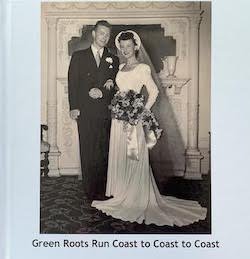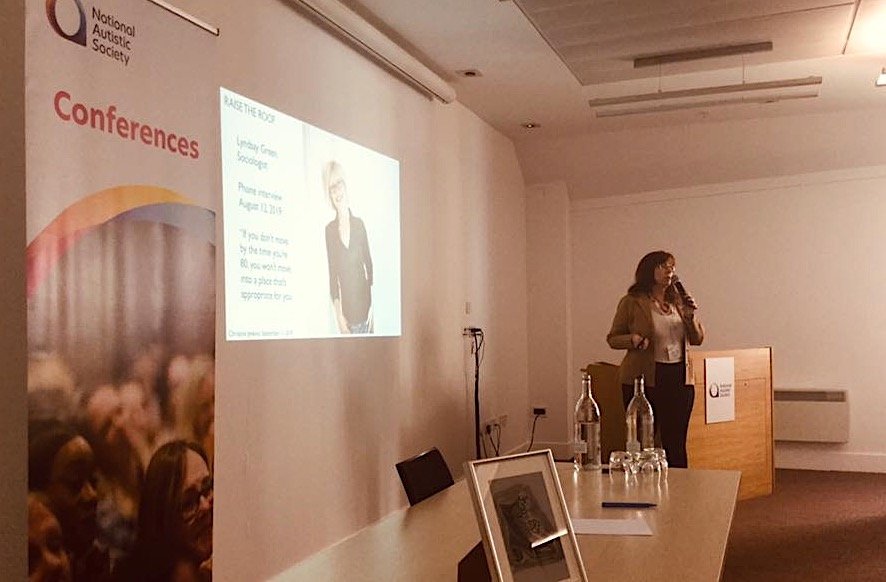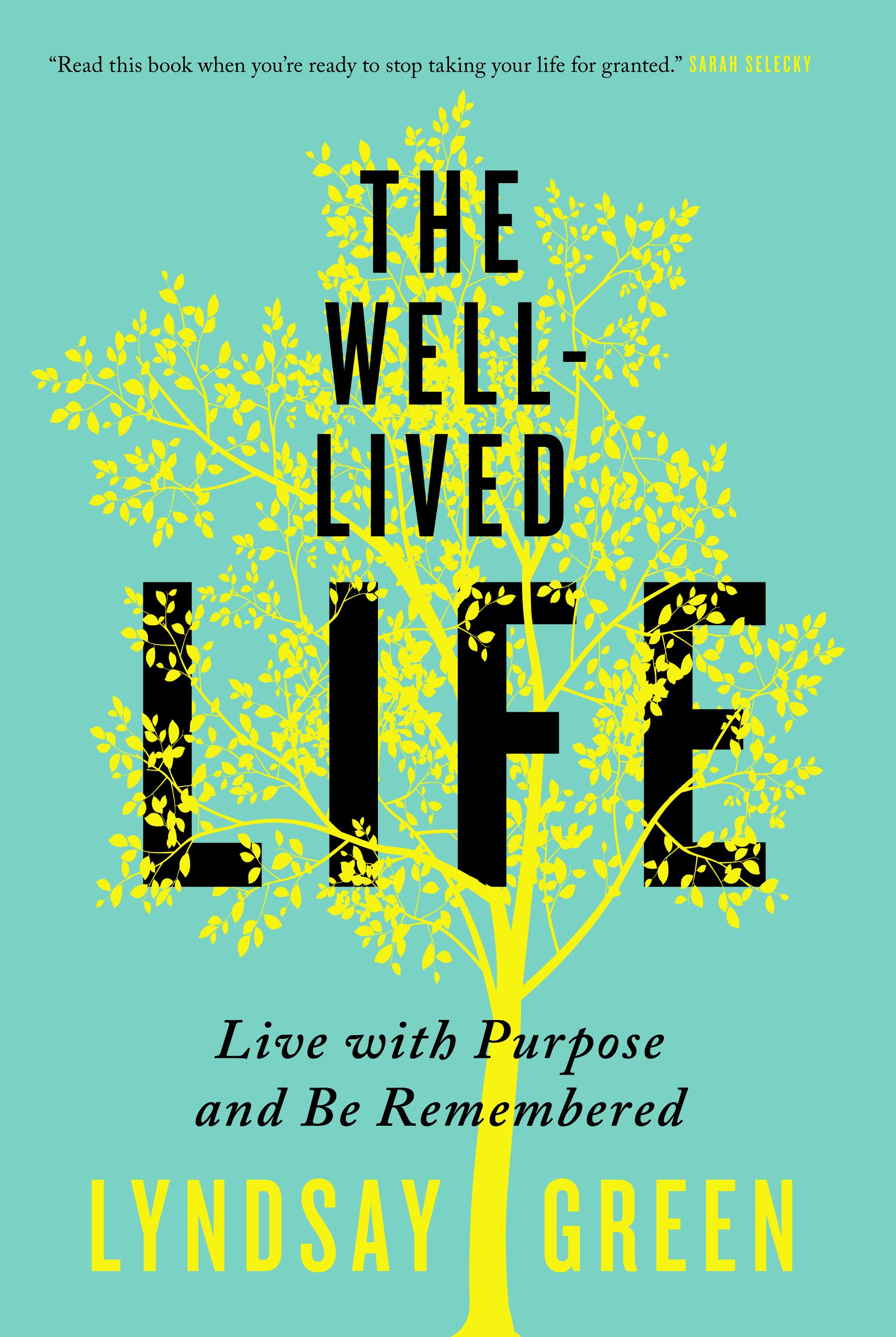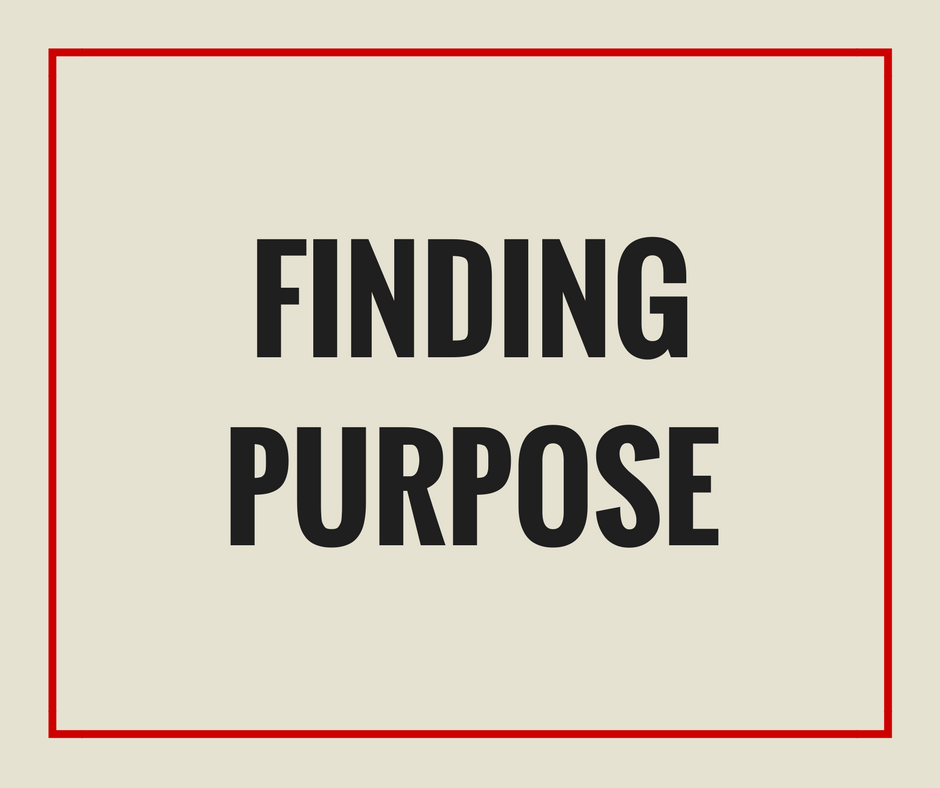
What’s Your Return on Your RECP?
My research for You Could Live a Long Time; Are You Ready? emphasized our need to build and strengthen our emotional circle. We can pay people to care FOR us but we can't pay them to care ABOUT us. So, we need to nurture our friendships and support our family. And, if we have a partner, we need to figure out whether our partner is the right one for the long term. To build this support, I propose that we develop a Retirement Emotional Circle Plan. We need to continually invest in our RECP and give it as much weight in our planning as our RRSP.

A Reader’s Story
One of the great joys of writing is forming connections with my readers. Mark emailed me to say that he really enjoyed reading Ready to Retire. Here is his story:
I found it remarkable how on point [your book] is about retiring. I had never really given retirement a second thought until it got close. I retired because it was time. I was suffering all the symptoms of job burnout. I retired because I was fed up with something that I had loved for 40 plus years. It seemed so right; everything just fell into place to make it happen. I retired at 60, bought a new house, and moved all within a very short window of a few months. I picked up your book during this timeframe and continue to refer to it often. My wife and I enjoy our new lives immensely. Your book was spot on about having things to do. Both of us try to stay very busy. I have ten hobbies that I really enjoy. Ten, can you imagine! My wife enjoys just as many different hobbies.
…

The Pandemic Helped Me Take My Own Advice
Two years ago, COVID stopped me in my tracks. After the pandemic arrived, I spent weeks cancelling my life – presentations, interviews, my book collaboration with another writer, airline reservations and hotel bookings. I was grounded. Forced to stop looking forward, I decided to turn my gaze to the past. This was new for me, and it shouldn’t have been. In my research I had learned about the power of documenting our history and had been encouraging people to write about their roots – not just for themselves but for those that follow.

Scrooge Sees the Light
This year, we’ve seen extraordinary acts of generosity as people battle the dark of the pandemic with the laser light of giving. For many, doing for others is second nature, for others, the joy of contributing is a lesson learned – sometimes later in life. In this regard, it’s hard to beat the electrifying conversion of Ebenezer Scrooge, the monumental character created by Charles Dickens in A Christmas Carol.

Persian - Language of Poetry
Recently, I was approached by a writer who requested permission to translate The Well-Lived Life into Persian. You can imagine my delight. In my book, I included the Persian poet Rumi as an example of someone whose legacy descended upon him like a force of nature. Rumi is the continuation of an historical tradition in Eastern civilizations of revering poetry written in the Persian language. Today, the language is spoken by an estimated 110 million people.

Why did my life turn out the way it did?
Some people are using the self-isolation of the pandemic to dig through both their stuff and their memories. The results are cleaner cupboards and not a few memoirs. Readers of The Well-Lived Life tell me these strange times have motivated them to tackle some aspect of family history or write their own story. Exploring our past to look for patterns can be enlightening and thought-provoking. After reading my book, Con Hurley from county Cork, Ireland wrote to me about his memoir writing. He used the process to explore the question: “Why did my life turn out the way it did?” He published the results in A Life Examined: My story, and how I learned to make more effective decisions about life and money.

Finding Our Pandemic Emotional Circle
The mantra of our time is to self-isolate, and we’re doing our best to follow this wise medical advice. But we’ve learned we can’t do it alone. The only way to get through the pandemic is with our community. As we turn to our web of interconnection, we’re both giving and receiving care and support. When money is scarce and our known world disappears, we’re turning to one another.

The Pandemic Makes Us Look
Spending hours in self-isolation, we’re seeing ourselves up close. Some of the picture isn’t pretty, but we’re exposing some assets - pedagogical skills to help children with online schoolwork, green thumbs to grow fresh veggies, and maybe even an inner gourmet chef. And then there’s my dear friend in Halifax, still mourning her husband who recently died from cancer, discovering that his Oxford shirts are the perfect material for sewing COVID-19 masks for family and friends. However bad things are, when we tally up what we have, we see others have it worse.

What will I do differently?
Receiving feedback about my books always delights me. Readers are giving me two gifts. First, they took the time to read the book. And then they devote yet more time telling me what they thought about what I wrote. I get even more pleasure if they let me know how they found the book because these stories often feature surprising connections. The feedback I received from Larry is a perfect example. Larry lives in Christchurch, New Zealand and he bought You Could Live a Long Time: Are You Ready? on the advice of a friend of his who lives in Kamloops, BC. How delightful is that. Larry has given me permission to share his feedback with you. I thank him for his thoughtful and eloquent response, which touched me deeply.

You Can Make A Difference
When I interviewed people for The Well-Lived Life, I was stuck by how many said they wouldn’t be leaving a legacy. Sometimes this was said with resentment or defensiveness – they didn’t have the resources, they hadn’t done anything noteworthy. No one would remember them – or at least not for long. One aspect of legacy is our charitable giving and it’s worrisome to look at the trends. The number of Canadians who give and the average amounts of our gifts have been decreasing for years. My discussions shed some light on why.

Connecting and Learning
When people contact me to discuss my books I end up learning more from them than they learn from me. Let’s take Christine Jenkins as an example. Christine is a contributor to Spectrum Women: Walking to the Beat of Autism, the co-founder of AsperDames and a specialist in autism and aging. You’ll read more about her work in Spectrum Women Magazine.

Go Wide
We have the wherewithal to increase our charitable giving, and we're not resistant to giving more. That’s what the research finds. In my interviews, people were interested to learn how little it takes to make a difference, and how many organizations welcome even a modest legacy. And they were surprised at how little it takes to set up a personal foundation through many vehicles including our Community Foundations.

Taking Stock of Our Lives
Hearing from readers is one of the great joys of writing. Each of you is journeying through The Well-Lived Life on your own path, following relevant threads of thought and arriving at different insights. It’s a delight to get your trip reports.

Remember to Live
The Latin maxim memento vivere, “remember to live” is a compelling resolution for the new year. But I would add the caveat that we are living, and maybe we should pay attention to what our life looks like. This is the central message of my latest book The Well-Lived Life, which will be in bookstores in mid-January. Sarah Selecky, author of This Cake Is for the Party and nominee for the Giller Prize, wrote my favourite pithy review: "Read this book when you’re ready to stop taking your life for granted." I’m very grateful the book has received such positive early reviews from Sarah and other reviewers, as you’ll read below.

Retirement is not an End
Marlene Chan moved to Montreal after retiring from a thirty-year career in Ottawa with the Federal government. In this delightful video she talks about how she first fell in love with Montreal as a young woman and why she seized the chance to make it her retirement home.

What’s your legacy?
When we hear about someone who has been killed in a car accident we regret the senseless loss of life and grieve for those who have lost their loved one. We are also reminded of our own mortality. These stories about lives that are cut short abruptly without forewarning are deeply disturbing because we assume our life stretches off into the far distance. We like to think we’ll have plenty of time to think about our legacy; time to compose meaning to our lives; time to figure out our life’s purpose; time to make amends, time to clean up our messy lives. But what if we don’t? Would our time on earth have made a difference to anyone or anything? What would we be leaving behind for those we love? What responsibilities would be left dangling? These are the tough questions I’m exploring in my latest book on legacy.

Finding Purpose
There’s a theme that keeps recurring in my books. Whether I’m getting advice from elder role models, figuring out the best home for a long life, or talking with men about their retirement, the need to find purpose is a powerful mantra. I’m writing a new book on legacy, which examines the importance of living a life driven by positive values and community commitment. By living a life of purpose we have an impact in the here and now, and our contribution keeps giving after we’re gone.

It’s also Blessed to Receive
Doug Mackie knows a lot about aging but admits to being surprised at a recent life lesson. Doug is the founder of the Men’s Sheds movement in Canada and it was his daughter who inspired him to start the program. “She learned about the Australian Men’s Sheds in a chance conversation at a conference,” he explains. “She immediately called me and told me to go online, learn about Men's Sheds and start one. Of course I did just as she told me and opened the first Men's Shed in North America in Winnipeg. That was over eight years ago. Now there are fourteen Men's Sheds in Canada, from Quebec to BC, with funding in place for one to open in Summerside, PEI. Worldwide, there are now close to 2,000 Sheds.”

Gratitude for the Perfect Home
Gratitude fills the air this time of year. Many of the stories I’ve received give thanks for homes and communities that are sustaining and supporting us as we age. Jean has given me permission to tell her story. When I interviewed Jean for The Perfect Home For a Long Life she was 70 years old and living in a second-floor suite of rooms in a rambling 1910 heritage home owned by a childhood friend. Several years earlier her marriage had fallen apart and she was happy to retreat to the welcoming sanctuary of this home-like environment. That was four years ago. A couple of months ago Jean broke her ankle in one of those classic accidents, stepping the wrong way on a curb outside the store while her arms were laden with groceries. The break was bad enough that surgery was required to insert metal supports to shore up the bones. She’s still in recovery with probably six more weeks to go. You know it’s serious when the doctor says you aren’t allowed to put any weight on your leg - for months.

Opportunities for Second Youth
Being interviewed by the talented and thoughtful Nam Kiwanuka on TVOntario’s Agenda in the Summer was such a pleasure. Nam has a real following judging from the feedback I received when our interview aired late last month.
